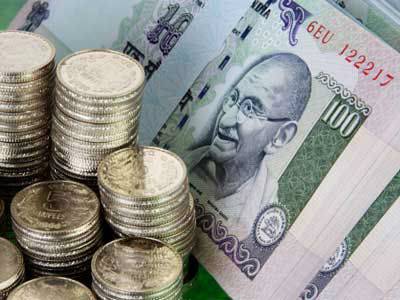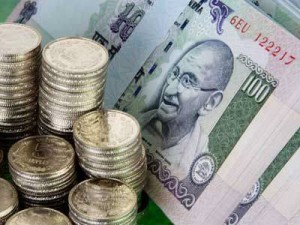The liquidity or the money supply in the economy is controlled by the RBI. The RBI decides on this policy after taking into consideration the current economic scenario and the what the future economic scenario of the country should be. This is very important considering the fact that, the money supply in the economy has far reaching consequences than what a normal man thinks it has.
The amount of money supply in the economy has its direct effect on the prices of the goods which are sold/bought in the economy. This is because of a very simple reason, the money supply is actually the amount of money a person has. So if a person has a lot more money then his demands for goods and services will increase. Which is very essential for the economy to function but excess demand lead to rise in prices or in technical terms, inflation. If the money market transactions continue to feed the inflation, in the long run its very harmful for the economy as it results in very high prices, reduction in demand, fall in the value of money which in turn leads to more money supply which results in hyper-inflation and complete rundown of the economy. This is the reason why the RBI has such a stand against inflation and consider it to be Economy Finance Enemy No. 1. And it does everything possible to control the rate of inflation.
The main measures of the monetary policy followed by the RBI are:
- CRR (CASH RESERVE RATIO)
- SLR(STATUTORY LIQUIDITY RATIO)
- REPO RATE
- REVERSE REPO RATE
- BANK RATE
- MSF(MARGINAL STANDING FACILITY)
Click here for government certification in Accounting, Banking & Finance





5 Comments. Leave new
Good job!
Nice post..
good job posting this!
nice…
Nice